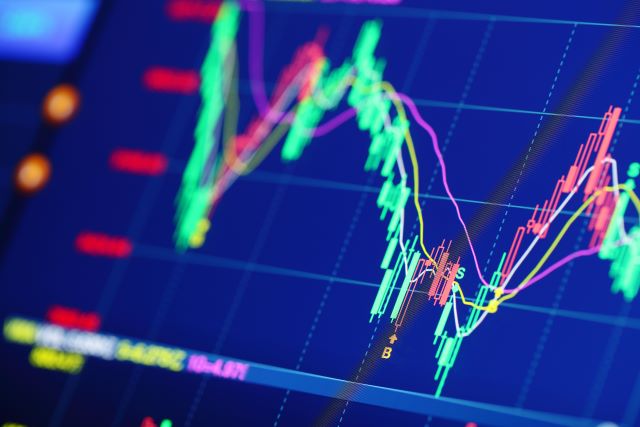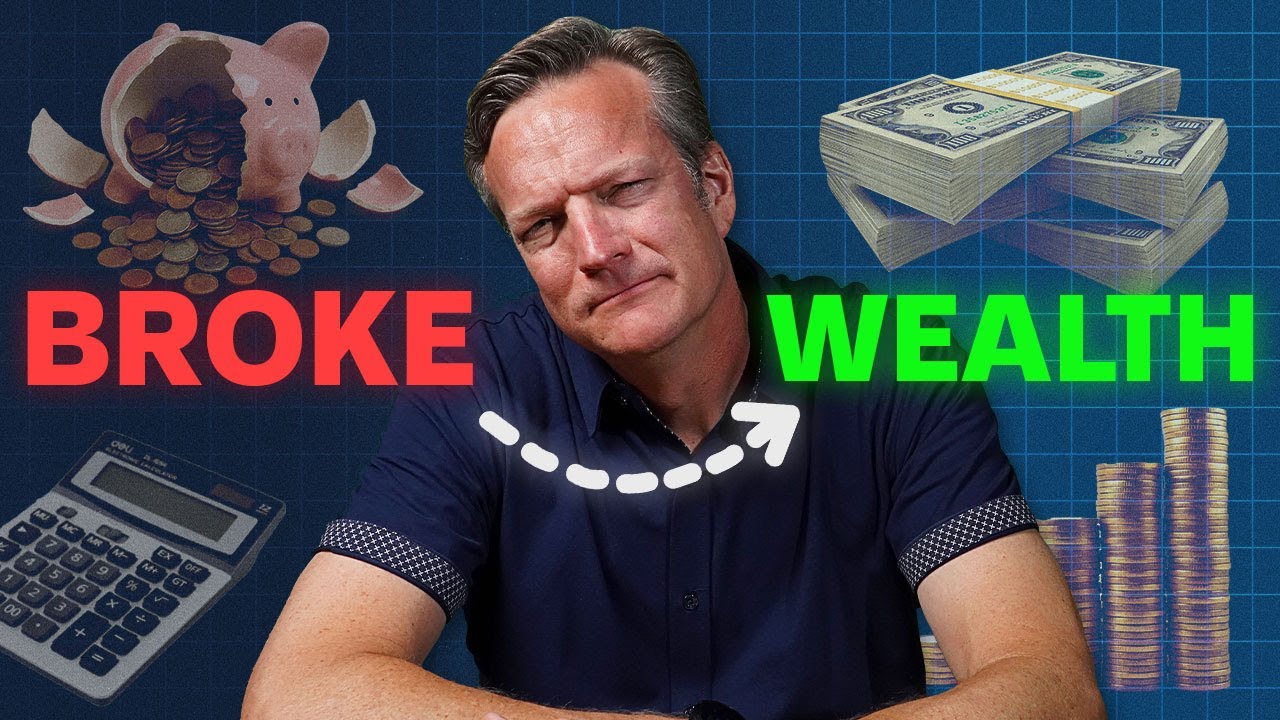
Timing the market and investing (or pulling everything out of the market) at opportune times is an extremely difficult, if not impossible, task to accomplish. Average investors consistently underperform market indices, and even professional fund managers lose to their respective benchmarks most of the time. Average investors and professional fund managers both have a difficult time determining when exactly to buy or sell securities. You could buy at the perfect time, but hold too long; or you could sell at the peak, but have bought in at the wrong time. Timing the market, and knowing exactly when to buy and sell securities, is a difficult task, and almost impossible to accomplish consistently over time. What if you were the world’s best investor, though, and knew exactly when to buy and sell?
Meet the world’s best investor
Over the last four decades, there have been several steep stock market declines. On Black Monday in 1987, the Dow Jones Industrial Average lost nearly 22% in a single day. In 1990, the Kuwait War led to another sharp market decline. The 1990s are most often remembered as the decade of high-flying tech stocks that saw the emergence of computers and new technology. The dot com bubble popped in the early 2000s, and the market reached a low point in the fall of 2002. Most of us still vividly remember the housing crisis of 2008, which bottomed out in early 2009, and, even more recently, the steep market decline at the beginning of the Covid-19 pandemic.
Each of these events led to a sharp stock market decline, but the bottom of each event only became clear after the fact. Nobody knew that March 23, 2020 would be the bottom of the market decline earlier this year; at the time, it seemed as if the market could keep going down. It’s certainly very difficult to determine when the stock market has bottomed out, but what if you could? Let’s say you save 25% of the average income in 1980 (the average income was $12,513.46 per year, so you save $260.70 per month), and you save the same amount every month from January of 1980 to the present. You know exactly when the market has hit the bottom; your savings are invested in cash earning 2% until you have an opportunity to invest at the bottom, and then you put all of your cash into the S&P 500.
What if you invest all of your cash on Black Monday in 1987, then in 1990 during the Kuwait War decline, after the dot com bubble burst and bottomed out in 2002, at the bottom of the market in 2009, and earlier this year, at the bottom of the Covid-19-induced stock market decline? You would have $1,431,546 total by last month, after investing a total of $127,222. Not too shabby.
Your timing might be just off
The world’s worst investor, unlike the best, invests all of their cash right before a market decline. The worst investor more closely resembles the behavior of the average investor; their fear of missing out on the hottest market ever leads them to investing at exactly the wrong time. Euphoria and positive investor sentiment are never higher than they are right before a crash. What if you are the world’s worst investor, and save the same amount every month, and invest it right before all of the big events mentioned earlier? As of September of 2020, you would have a total of $892,661 invested, and would have saved the same amount, $127,222. Although your returns weren’t as lucrative as the world’s best investor, your money still grew by a large amount.
What if you don’t time the market?
If you don’t think you can outsmart the market, you may not try to wait for the absolute best time to invest. Investing into the market every month, or dollar cost averaging, typically beats trying to time the market. If you invested $260.70 per month into the S&P 500, every month, no matter whether the market was going up or down, you would have $1,676,881 invested as of September, 2020, and you saved the same amount, $127,222. Over the last 40 years, a consistent, boring investor would outperform even the best market timer in the world!
If you think the market is ripe for a decline, you might keep everything in cash while you wait for an opportunity to invest. You might be waiting for a while. Even if you invest at the very bottom of the market, you may still not outperform someone who has been consistently investing in the market over a long period of time. As the old saying goes, “time in the market beats timing the market.” A real-world example over the last 40 years shows that phrase is as true as ever.
Our latest show is all about investing, and how a consistent saver could outperform even the best market timer in history. See exactly how the numbers stack up, and learn about what you can control in our latest episode, “How to Be the World’s Best Investor (No, For Real!).” Watch it now on YouTube below.













